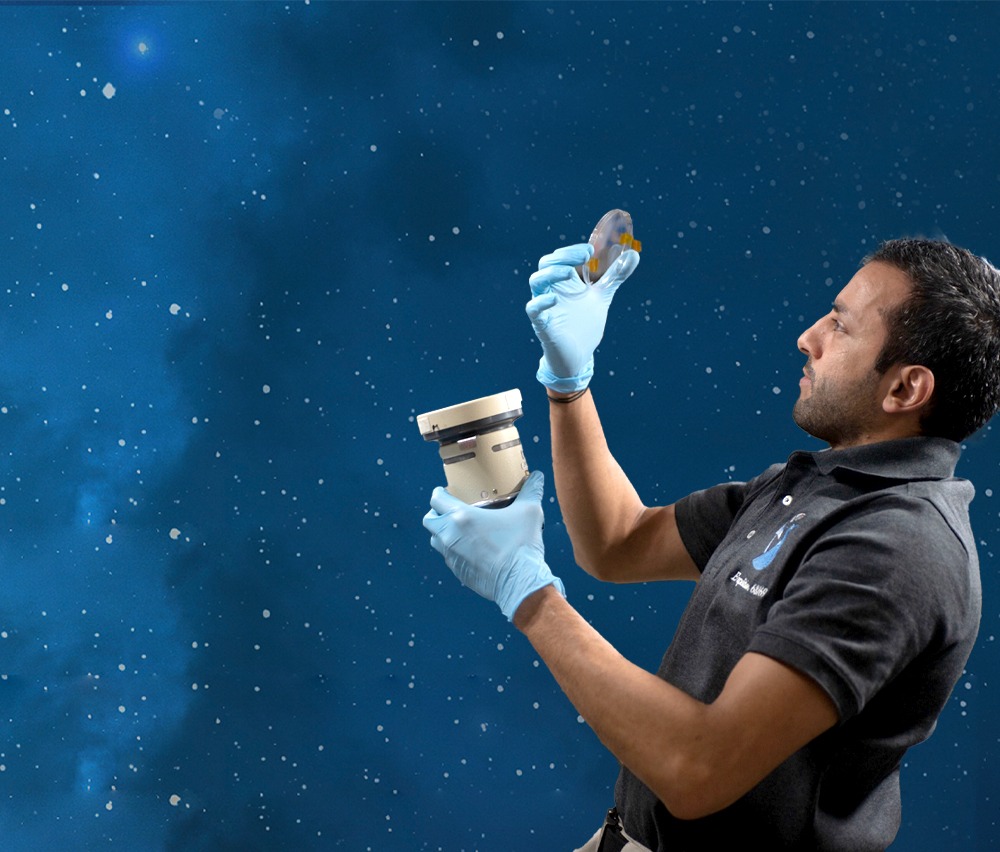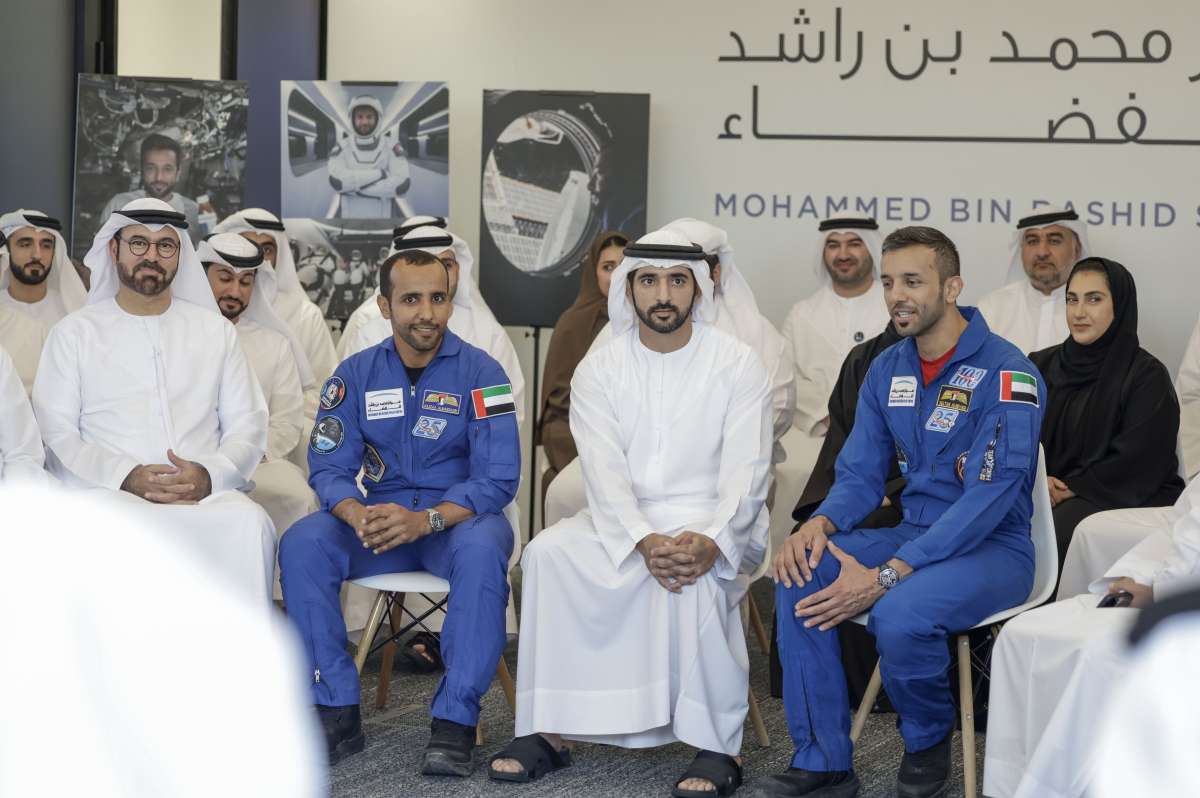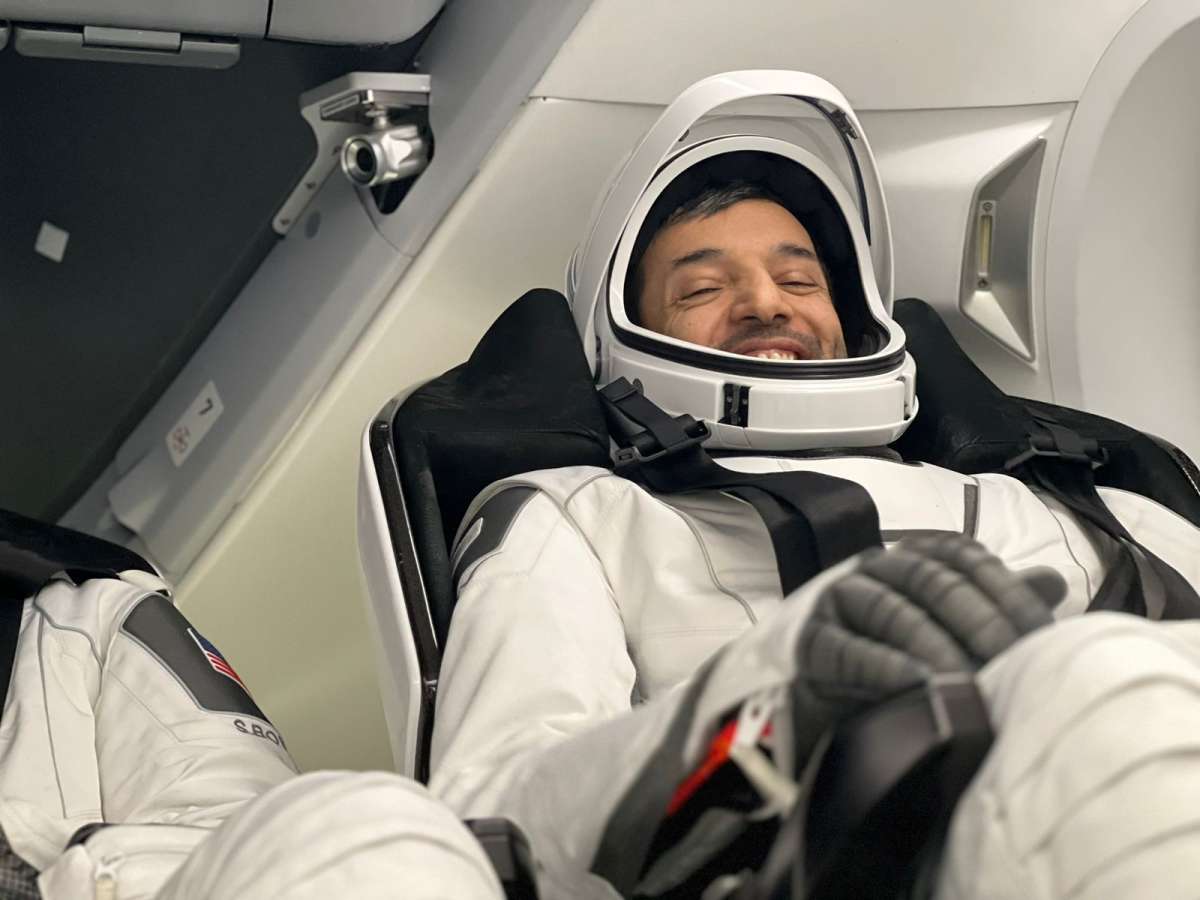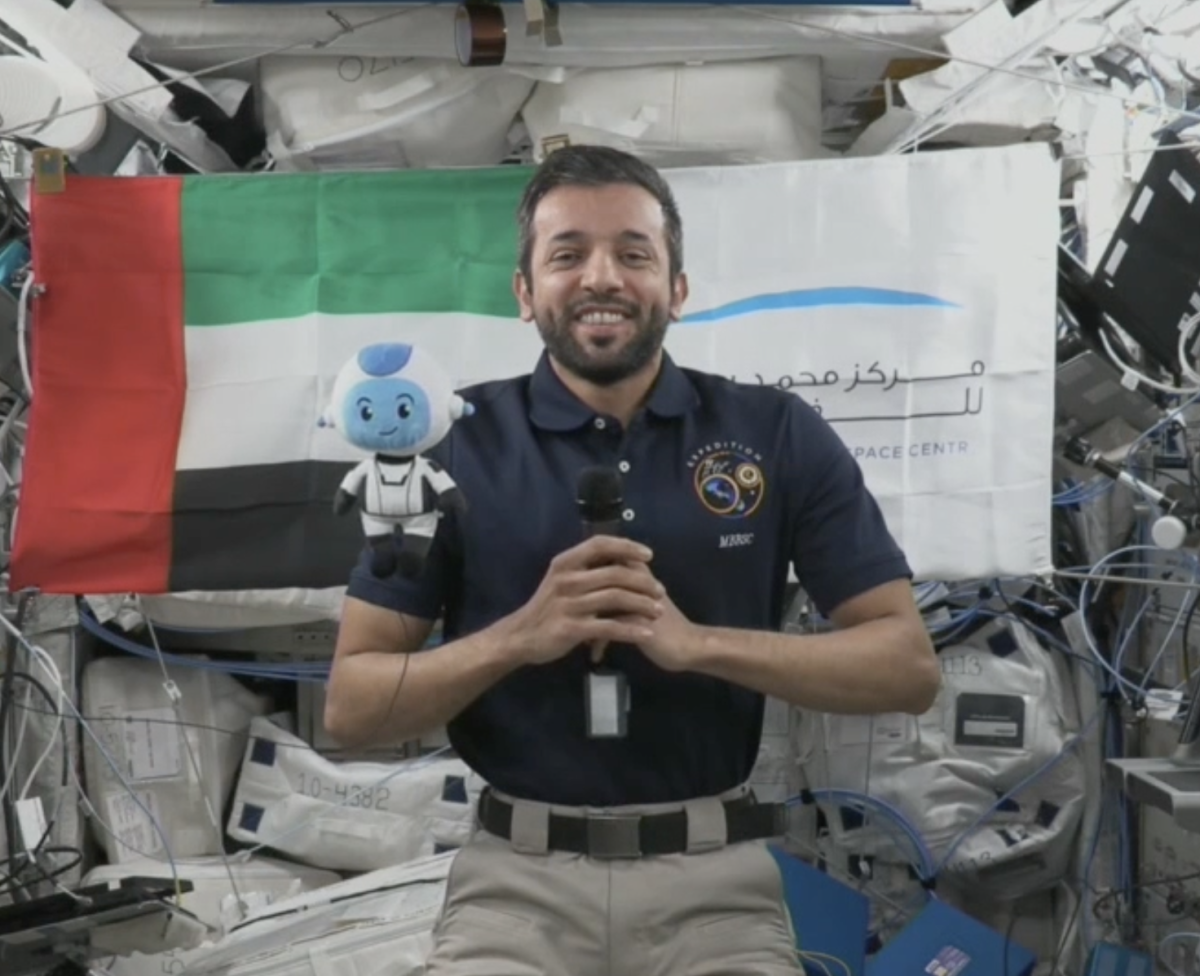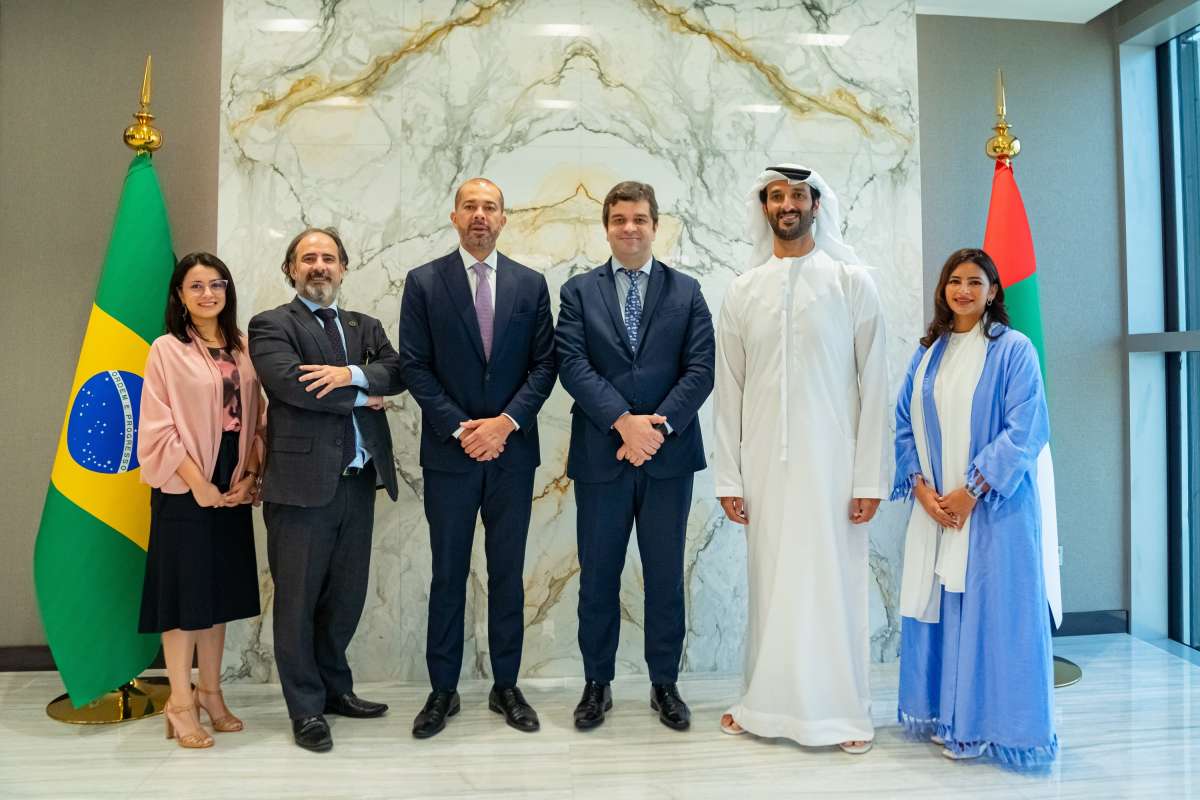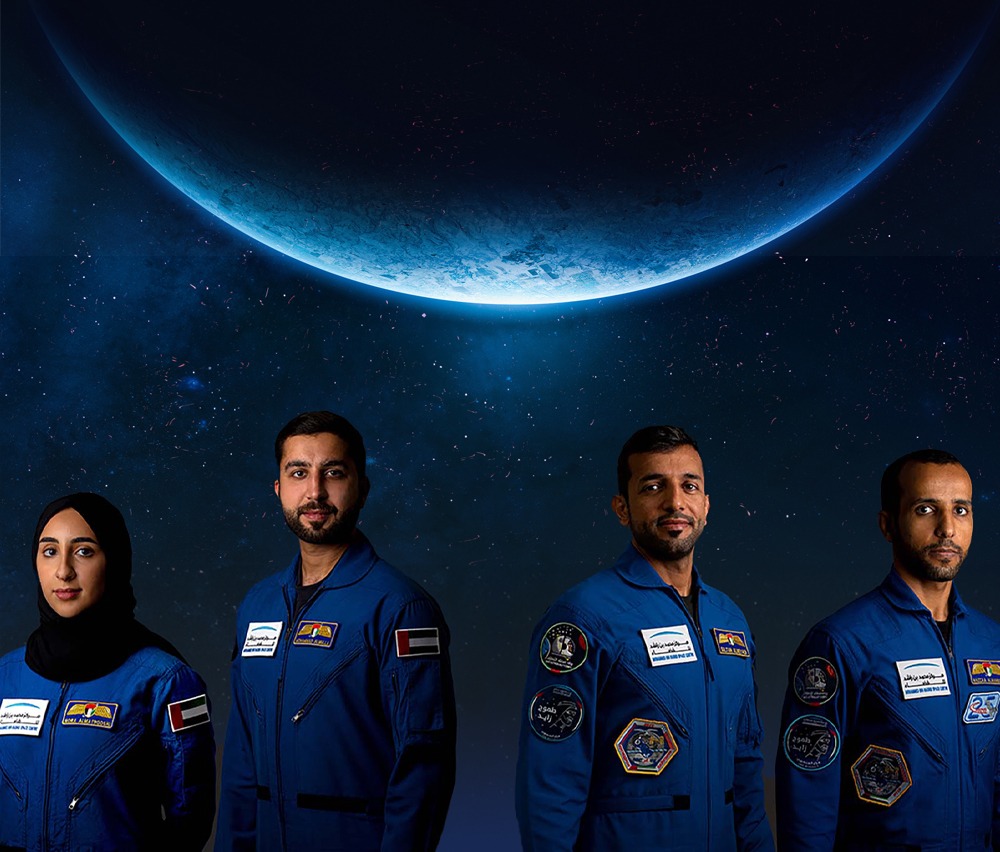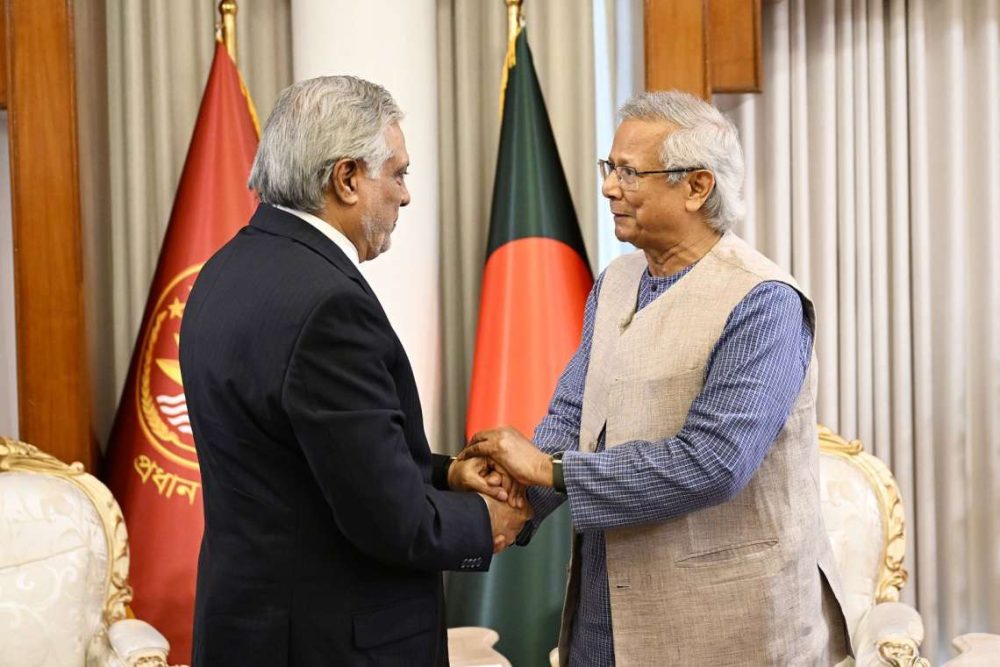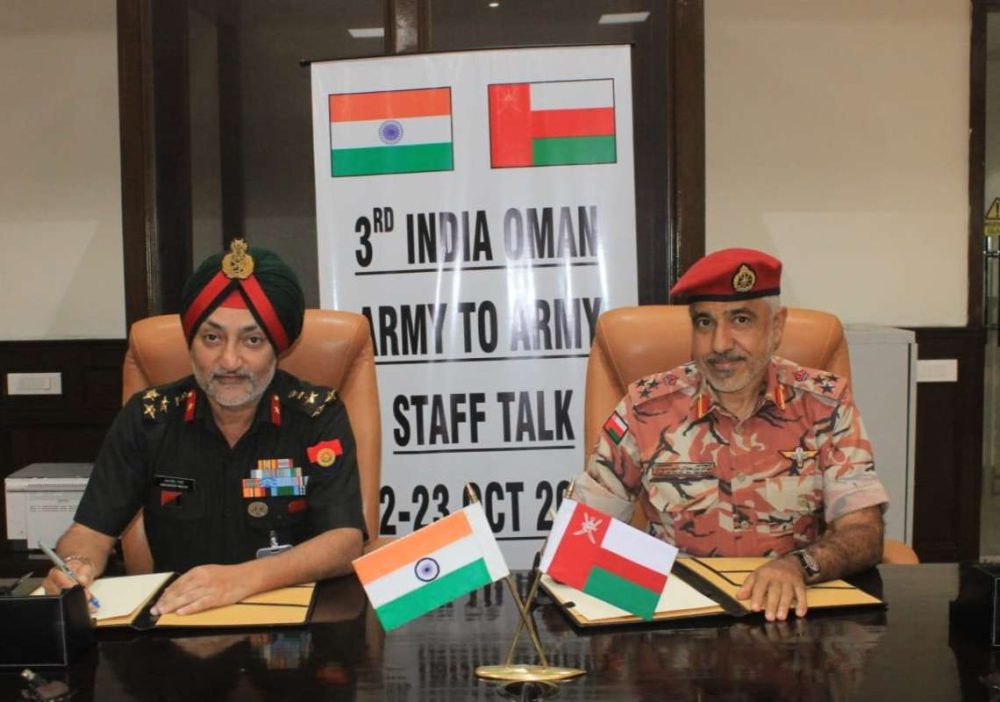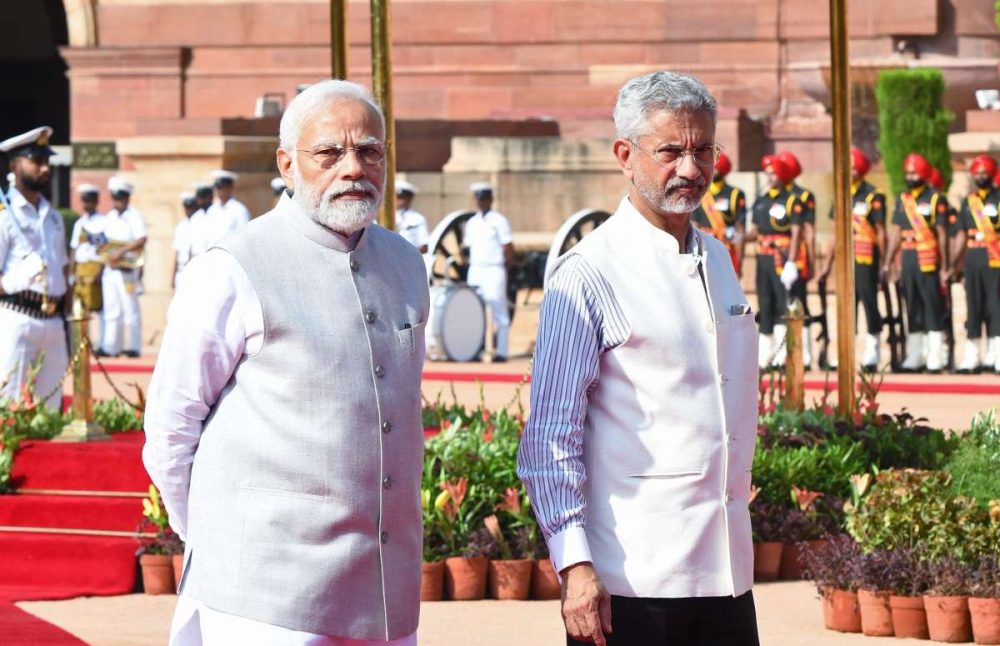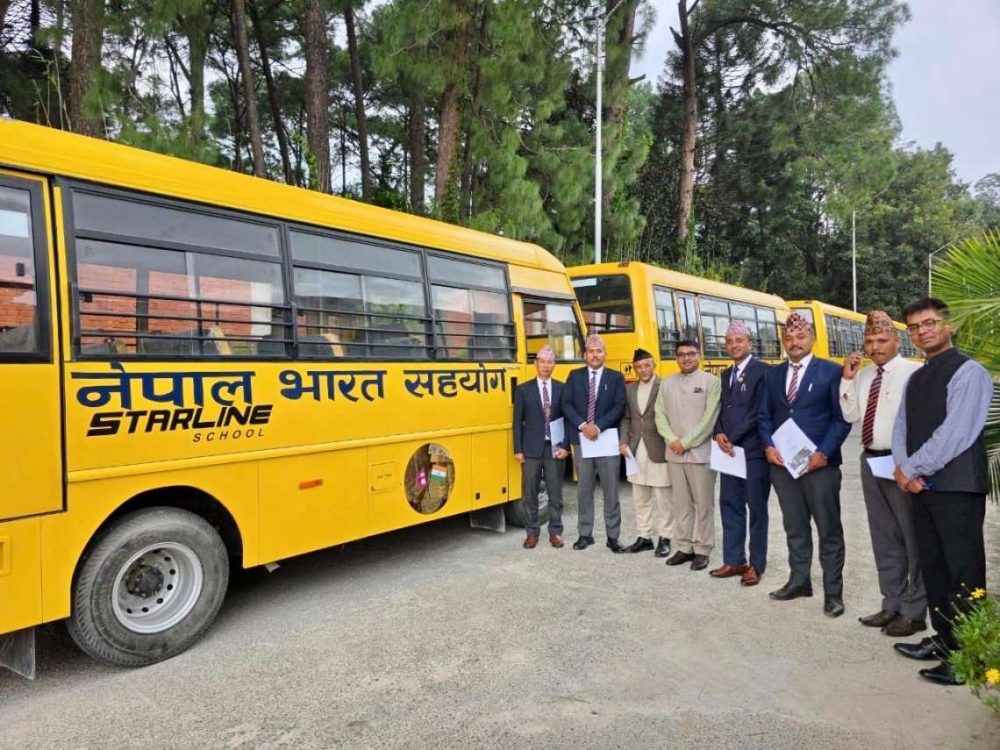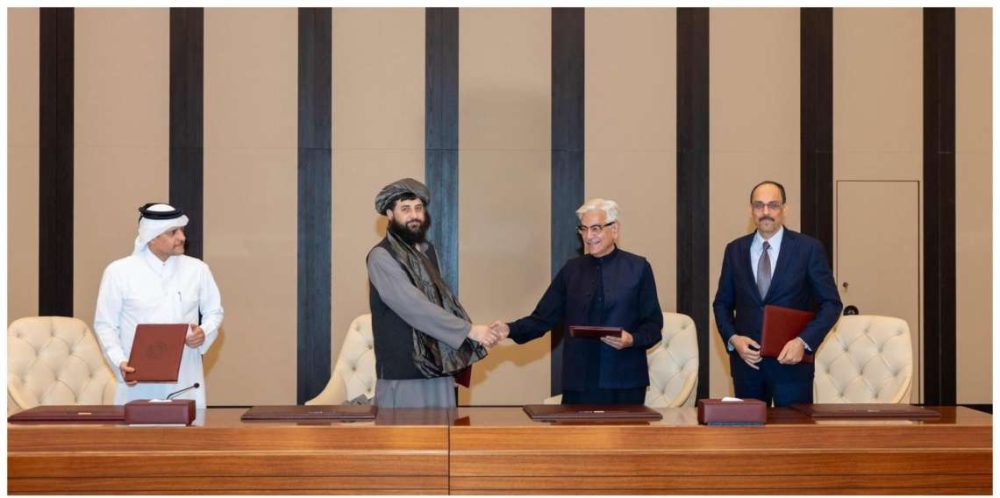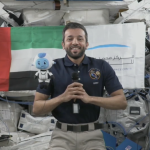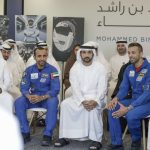Al Neyadi is scheduled to return home from the ISS on 4th September, following his completion of the historic longest Arab space mission in history, spanning 6 months….reports Asian Lite News
Over the course of a 6-month space mission on board the International Space Station (ISS), UAE astronaut Sultan AlNeyadi conducted over 200 advanced research experiments and studies that took about 585 hours in collaboration with 10 international space agencies and 25 esteemed UAE and global universities.
The experiments covered a range of topics including the cardiovascular system, back pain, protein crystallisation growth, epigenetics, immune system, fluid dynamics, plant biology, human life sciences, material science, sleep analysis and radiation, advanced exploration technologies.
These experiments have been instrumental in helping the scientific community, researchers, and students in the UAE and around the world become an integral part of the mission, supporting it in various capacities.
Al Neyadi is scheduled to return home from the ISS on 4th September, following his completion of the historic longest Arab space mission in history, spanning 6 months. AlNeyadi also accomplished a number of firsts for a UAE astronaut during this mission, including becoming the first Arab to complete a 7-hour spacewalk.
AlNeyadi further engaged in 19 educational and community outreach events called the “A Call from Space” series, in which over 10,000 people from all walks of life took part and interacted with the Emirati astronaut through live video calls and ham radio sessions.
UAE astronaut Sultan AlNeyadi engaged in an innovative Protein Crystal Growth Experiment (PCG) on board the Kibo module on the ISS. The experiment was launched on the Space X-28 cargo mission and was installed by AlNeyadi.
The experiment theme was proposed by a research team from the Mohammed Bin Rashid University of Medicine and Health Sciences (MBRU) in the UAE in collaboration with the Harvard Medical School in the USA and in compliance with a collaborative agreement between the UAE Space Agency, MBRSC and Japan Aerospace Exploration Agency (JAXA).
AlNeyadi, along with his Expedition 69 crew members, have made significant strides in microgravity research, featuring a range of pioneering scientific investigations, including on cardiovascular system, plant biology, material science, fluid science and sleep analysis, among others.
Al Neyadi completed an experiment on the ISS that seeks to reveal more about sleep quality on extended missions. The Emirati astronaut had successfully conducted the experiment, which saw him wear a specially-designed headband to capture key data. The Dreams experiment employs the “dry-EEG (electroencephalography)” system to monitor sleep patterns of astronauts in the microgravity environment on the space station.
The unique conditions aboard the space station, where astronauts witness 16 sunrises and sunsets each day, can disrupt the natural day to night cycle, significantly affecting sleep patterns. “This research helps us learn more about sleep disorders in humans and the health problems they experience on earth,” he said.
As part of set of experiments on the ISS, AlNeyadi took part in the “Cardinal Heart 2.0″ study by Stanford University. Through this experiment, he said “we are exploring the effects of clinical drugs on heart cells in microgravity using heart tissues.” Discoveries from such studies could help prevent cardiovascular risk for space explorers and patients with heart disease on Earth.
AlNeyadi also contributed to the Cardiobreath experiment on the ISS. The experiment is a critical analysis of the impact of microgravity on cardiovascular and respiratory functions and was conducted in collaboration with the Canadian Space Agency (CSA), Simon Fraser University and The University of North Dakota.
AlNeyadi’s mission will further comprise education outreach and engagement efforts to inspire the next generation of scientists and explorers. As part of the UAE Astronaut Programme Grants Research Programme, MBRSC has selected two research projects from the Mohammed Bin Rashid University of Medicine and Health Sciences (MBRU).
AlNeyadi also participated in the host-pathogen experiment to analyse the reaction between astronauts’ immunity and the microbial pathogens on the ISS. This experiment was conducted in collaboration with NASA’s Johnson Space Centre. The results of the study would be analysed through AlNeyadi’s DNA samples collected aboard the ISS and on Earth.
The host-pathogen study examines the interaction between astronauts and microbial pathogens that may be present within the environment of the space station through biological sample collection. This will offer an overall understanding of the effects of stress hormones and latent virus reactivation in the astronaut’s immunity system.


